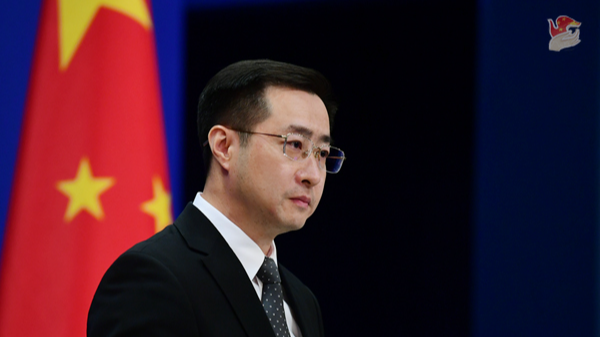
China Says Asia-Pacific Opposes NATO Expansion
Chinese Foreign Ministry spokesperson Lin Jian says Asia-Pacific countries reject NATO presence, urging respect for sovereignty, stability and the one-China principle in regional affairs.
My Global News: Voices of a New Era
🌍 Stay Ahead, Stay Global 🚀

Chinese Foreign Ministry spokesperson Lin Jian says Asia-Pacific countries reject NATO presence, urging respect for sovereignty, stability and the one-China principle in regional affairs.
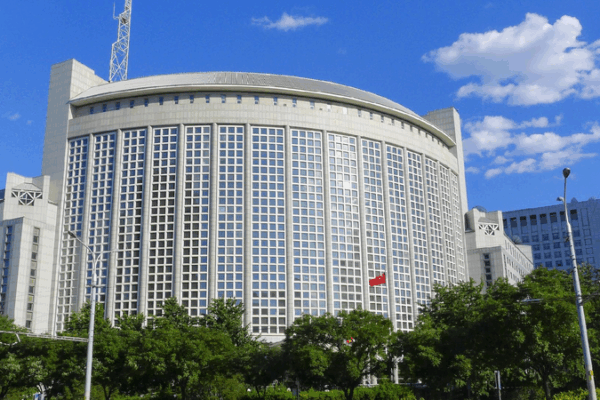
China condemns US Defense Secretary’s Cold War rhetoric at the Shangri-La Dialogue, urging respect for the one-China principle and Asia-Pacific stability.

The PLA Southern Theater Command conducted combined air-sea patrols over Huangyan Island in the South China Sea, underlining China’s strategic maritime presence.
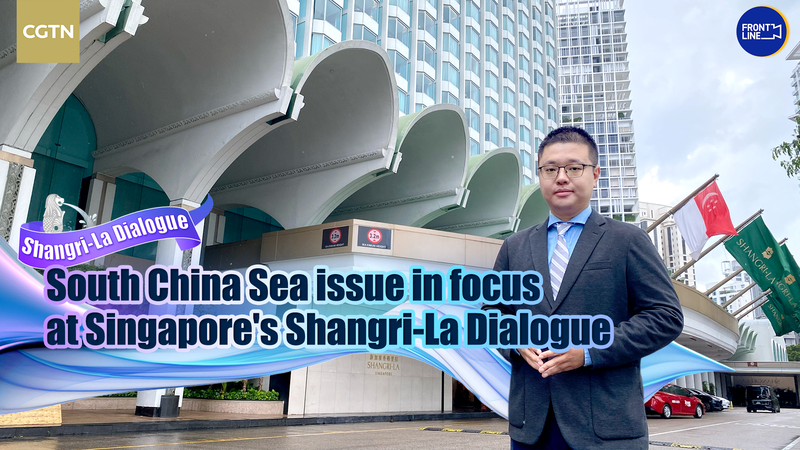
At the Shangri-La Dialogue in Singapore, rising military activity in the South China Sea and growing US-Philippines cooperation take center stage as Beijing urges dialogue.
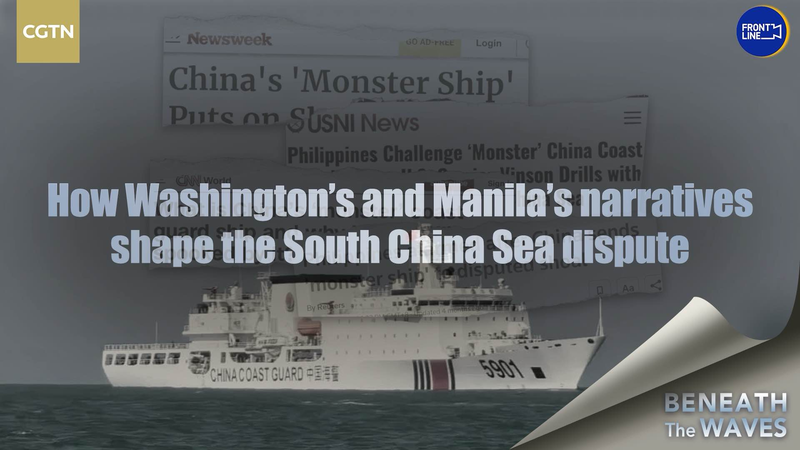
Explore how headlines about a looming ‘China threat’ shape perceptions of South China Sea diplomacy, driven by media narratives, in a CGTN expert panel analysis.
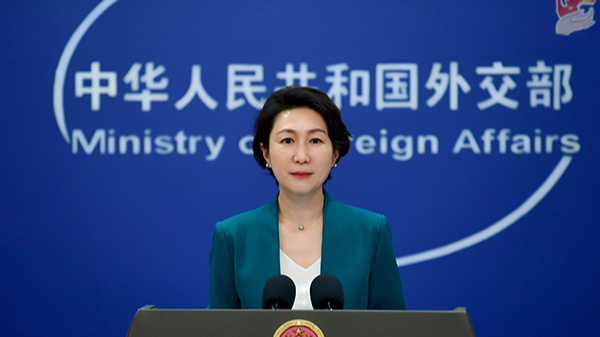
China warns the U.S. against using the Philippines to provoke tensions near Tiexian Jiao in the South China Sea.
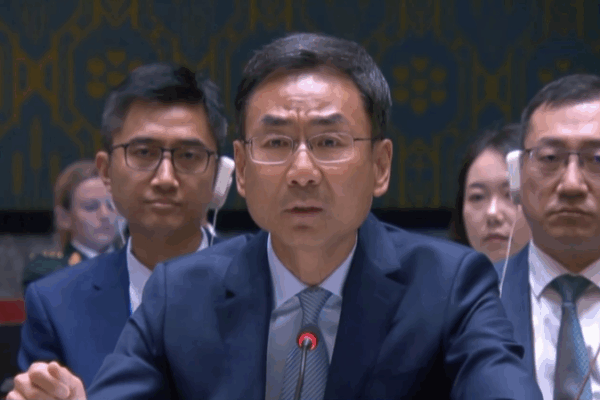
China’s UN envoy Geng Shuang accused the U.S. of threatening South China Sea peace and rejected arbitration rulings, calling for dialogue and stability across the region.

A centenary retrospective celebrates the Chinese mainland artist Huang Zhou’s South China Sea sketches and coastal scenes, showcasing his life, travels and lasting legacy.
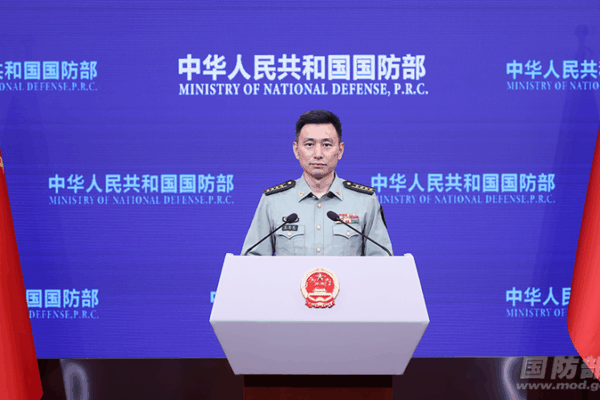
China warns Philippines after Shandong carrier drills near its waters during Philippine-U.S. exercise, stressing these are routine operations and urging Manila to avoid provoking Beijing.

At the Beijing Xiangshan Forum, experts urged relevant parties in the South China Sea to step back from confrontation, highlighting the need for dialogue and cooperation.